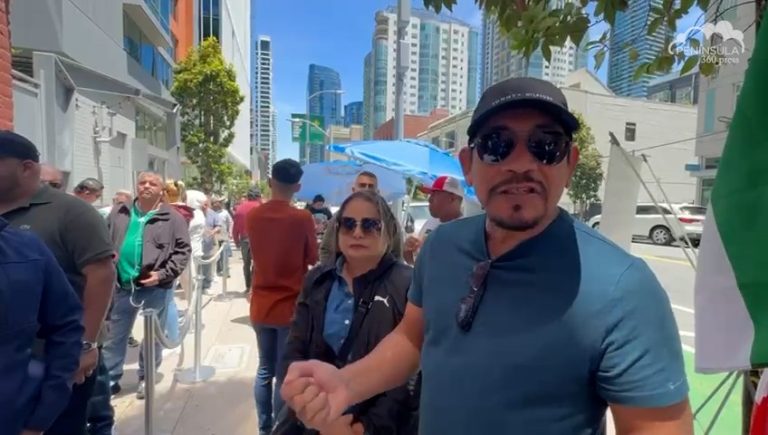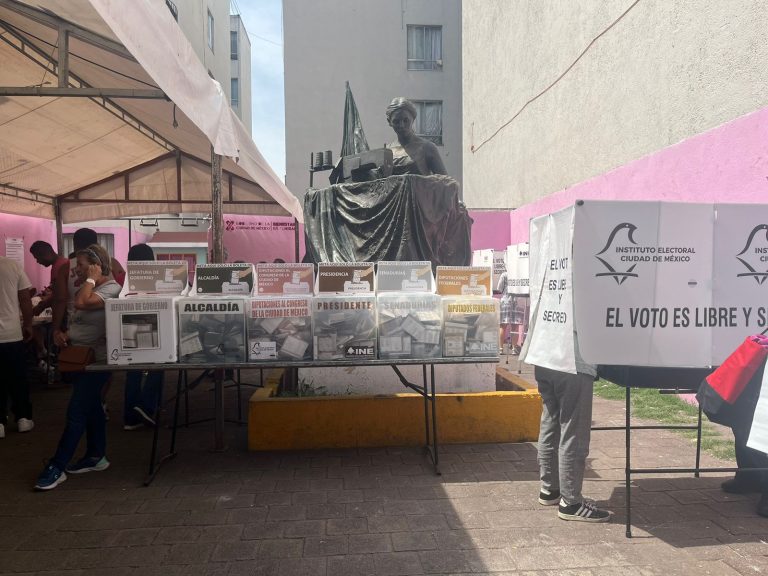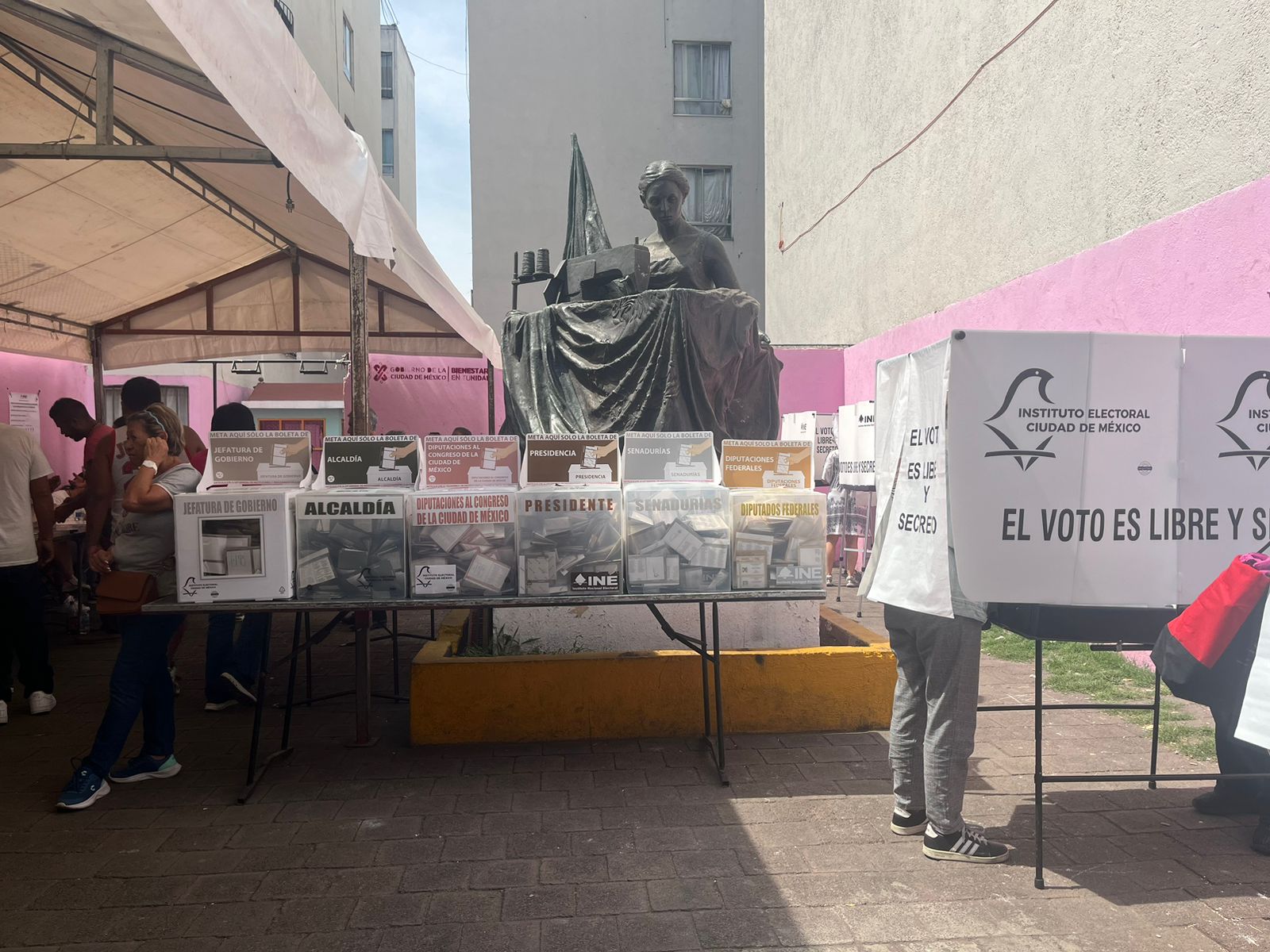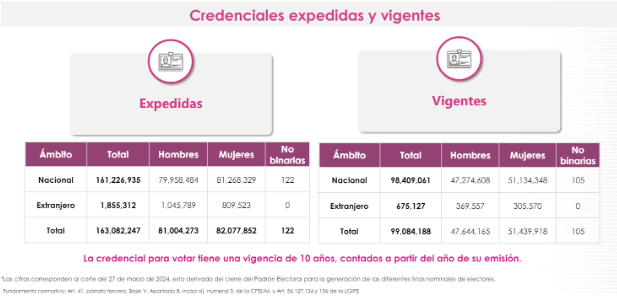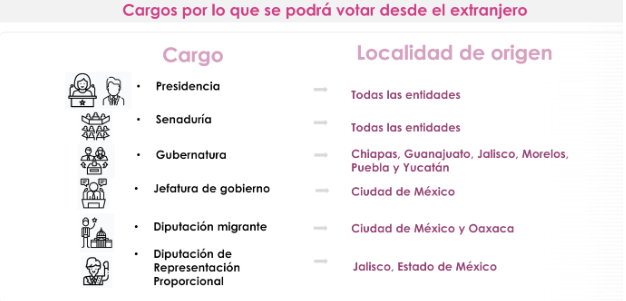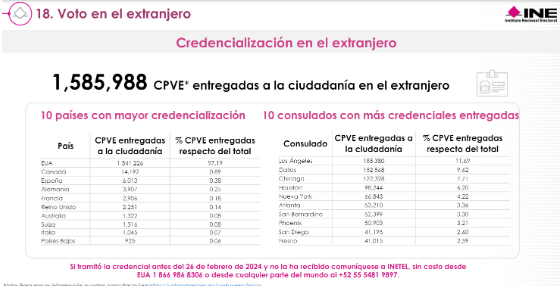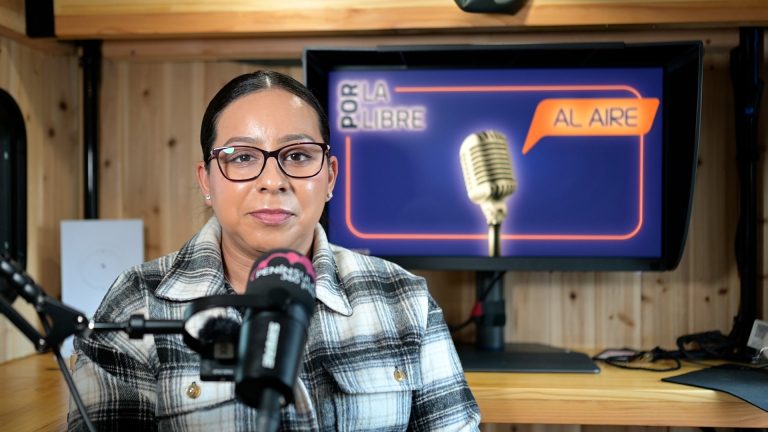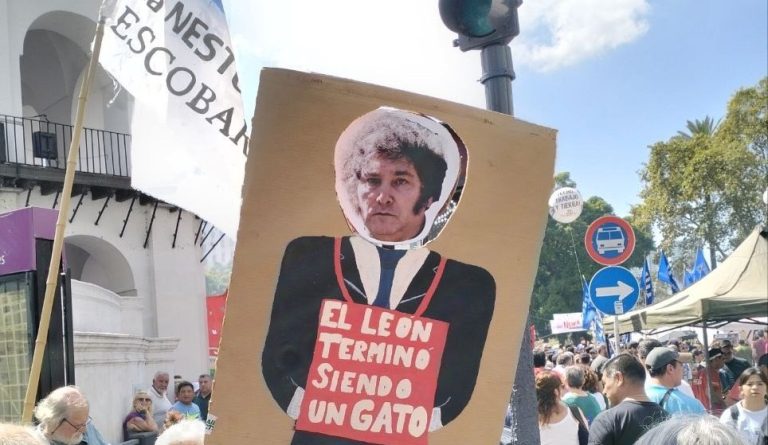
Listen to this note:
In her first message as virtual president of Mexico, Claudia Sheinbaum Pardo assured that she does not come alone to the position of president of the Mexican Republic, but accompanied by all "our heroines who gave us a homeland, with our ancestors, our mothers, our daughters and our granddaughters."
After the president advisor of the National Electoral Institute (INE)Guadalupe Taddei Zavala announced that Sheinbaum, from the coalition "Let's keep making history", made up of Morena, the Labor Party (PT) and the Green Ecologist Party (PVE) of Mexico, had obtained a vote between 58.3 and 60.7 percent, which places her as the virtual winner for the presidency of Mexico, the next president thanked the support of Mexicans.
Sheinbaum said that, in addition to the presidency, preliminary results indicate that the coalition she represents has won a qualified majority in the Chamber of Deputies, and will probably do the same in the Senate.
“I want to thank millions of Mexicans who decided to vote for us on this historic day to move forward with the fourth transformation of public life in our beautiful country,” said Claudia Sheinbaum. “It is the recognition of the people of Mexico to our history, to the results, to the conviction and to the will, but, above all, it is the recognition of the people of Mexico to our national project.”
The virtual winner also expressed her gratitude for being the first female president in the 200-year history of the Republic.
“I am also grateful because, for the first time in 200 years of the Republic, I will become the first woman president of Mexico. And, as I have said on other occasions, I did not get there alone, we all got there, with our heroines who gave us our homeland, with our ancestors, our mothers, our daughters and our granddaughters.”
Clearly happy with his victory, he congratulated Mexicans for their participation in the election, demonstrating that, he said, “Mexico is a democratic country with peaceful and highly participatory elections.”
He also thanked the candidate of the coalition “Fuerza y Corazón por México”, Xóchitl Gálvez, from whom he said he received a call acknowledging the victory, as well as the candidate of Movimiento Ciudadano, Jorge Álvarez Máynez, whom he recognized for his participation in these free and democratic elections.
Claudia Sheinbaum Pardo said that, although dissent is part of democracy and although the majority of the people supported her project, her duty “is and will always be to look after each and every Mexican without distinction.”
“Even though many Mexicans do not fully agree with our project, we will have to walk in peace and harmony to continue building a fair and more prosperous Mexico.”
He also stressed that his government "will be honest, without influence, corruption or impunity, it will be a government with republican austerity, financial and fiscal discipline, and autonomy from the Bank of Mexico."
Like his predecessor, he said that there will be no real increases in fuel or electricity prices, and that he will maintain the required division between economic power and political power, always defending the supreme interest of the people of Mexico and the nation.
In this regard, he stressed that his government will act in accordance with the laws and the right, and that freedom of expression, the press, assembly, concentration and mobilization will be guaranteed.
"We are democrats and, out of conviction, we would never create an authoritarian or repressive government," he said, adding that political, social, cultural and religious diversity, as well as gender and sexual diversity, will be respected, while the fight against any form of discrimination will continue.
He also said that business freedom will be respected and private national and foreign investment will be promoted and facilitated to foster social well-being and regional development, while always ensuring respect for the environment.
In this regard, he pointed out, "out of conviction, we will dedicate the public budget to guarantee all the welfare programs initiated by President Andrés Manuel López Obrador and also all the programs we have committed to."
He added that access to the rights of the Mexican people to education, health, housing, culture will be expanded, as well as the consolidation of strategic projects and the expansion of the infrastructure of trains, highways, roads, ports and airports.
In terms of energy, he said, energy sovereignty, renewable energy and scientific and technological development will be promoted.
Foreign policy, he explained, will be based on constitutional principles of non-intervention, international cooperation for development, self-determination of peoples and peace-building.
With the United States, he said, "there will be a relationship of friendship, mutual respect and equality, as it has been until now, and we will always defend the Mexicans who are on the other side of the border."
Meanwhile, he stressed that he would continue to expand his friendship relations with the South and the Caribbean, as he has done with the rest of the world.
“We will lead Mexico along the path of peace and security, we will move forward with attention to the causes, the consolidation of the National Guard, intelligence and investigation for public security and the coordination of institutions of the different powers and levels of government, that is, our security and justice policy will be one of attention to the causes and zero impunity,” he stressed in terms of security.
Finally, the virtual president thanked the congratulations of various heads of state and personalities, especially President Andrés Manuel López Obrador, for his call and the video he published congratulating her.
“We will continue to make Mexico a more just, democratic, free and sovereign country every day to continue building the greatness of our country. Rest assured that we will live up to our history and to the generous and great people of Mexico. Thank you very much, long live Mexico,” he concluded.
You may be interested in: Claudia Sheinbaum Pardo becomes the virtual winner of the presidency of Mexico


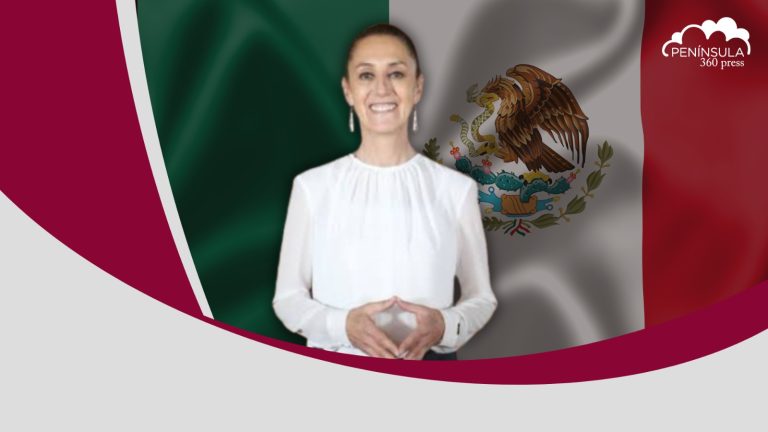
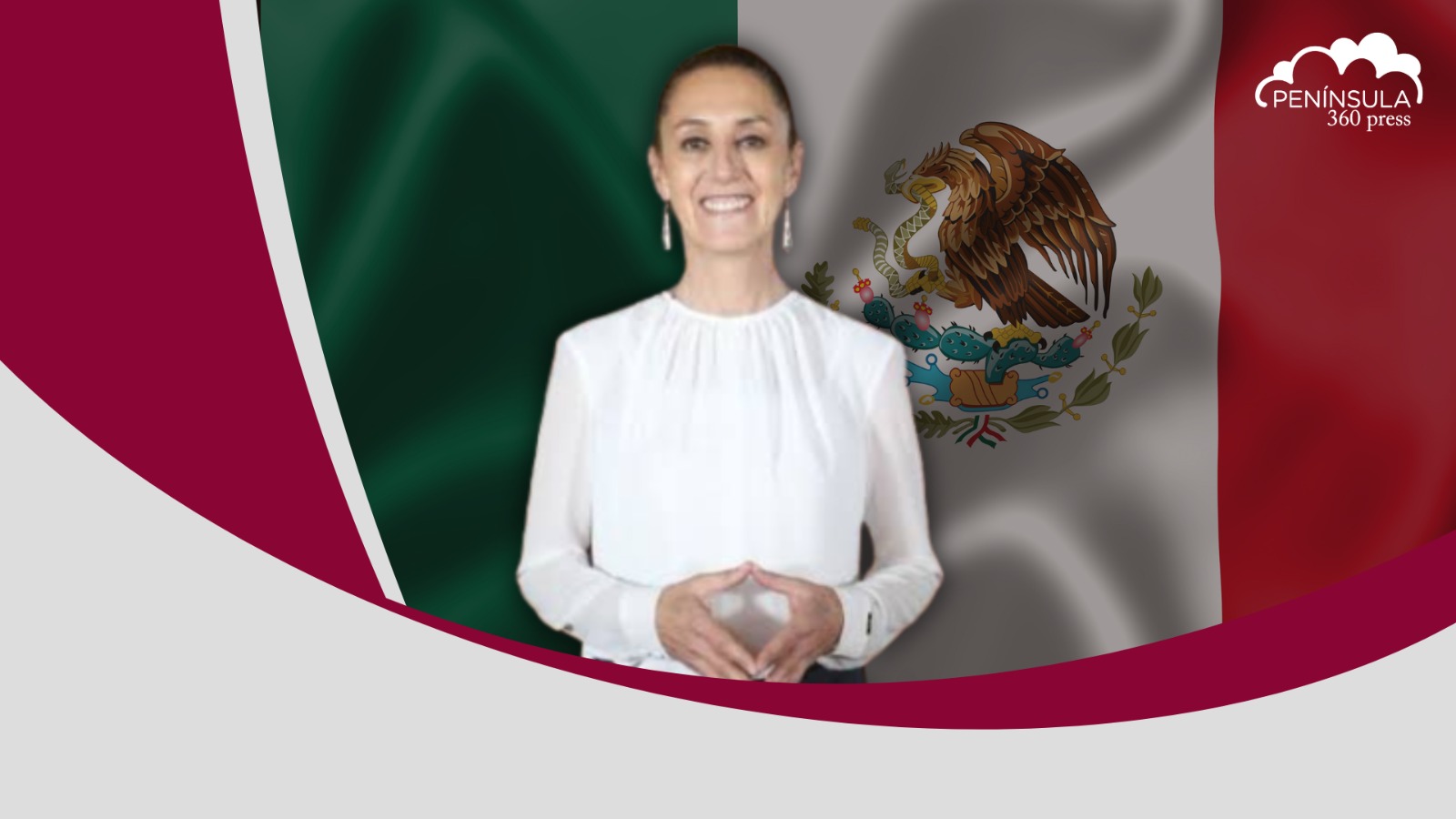

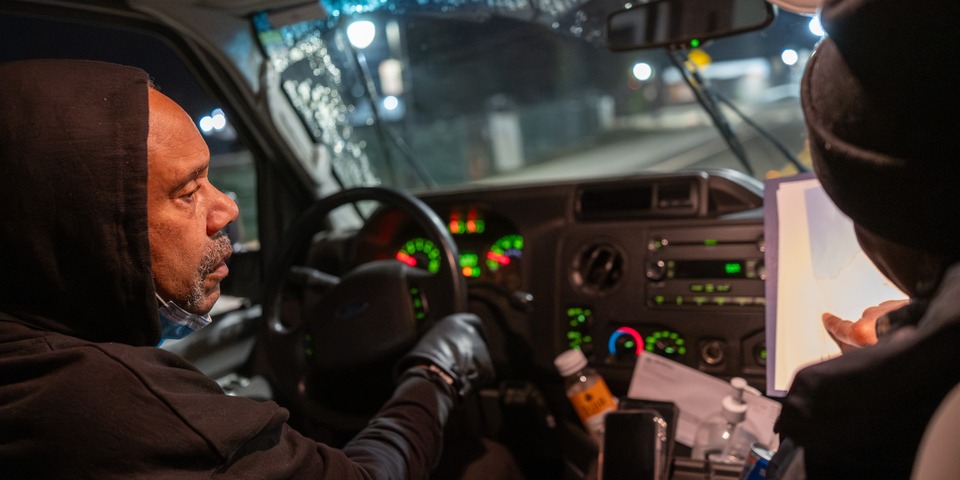
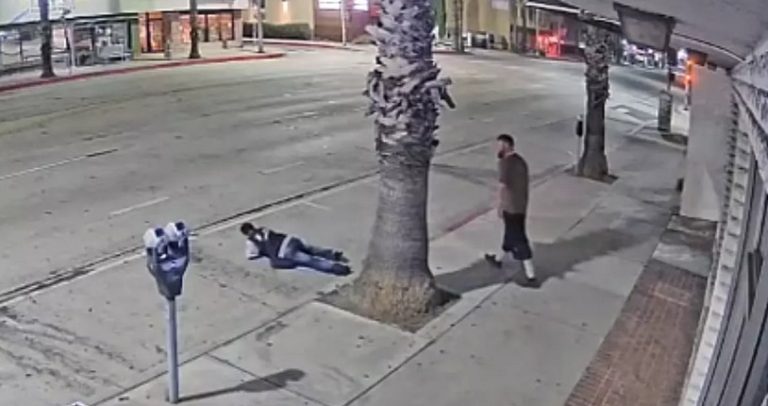
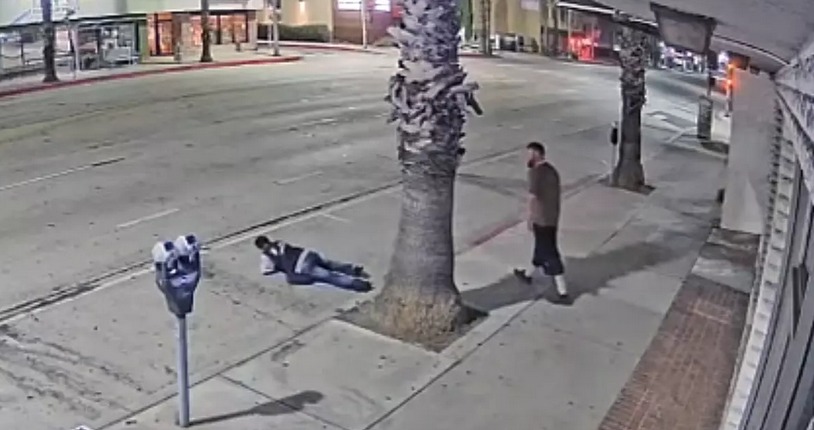

 This resource is supported in whole or in part by funding provided by the State of California, administered by the
This resource is supported in whole or in part by funding provided by the State of California, administered by the 


